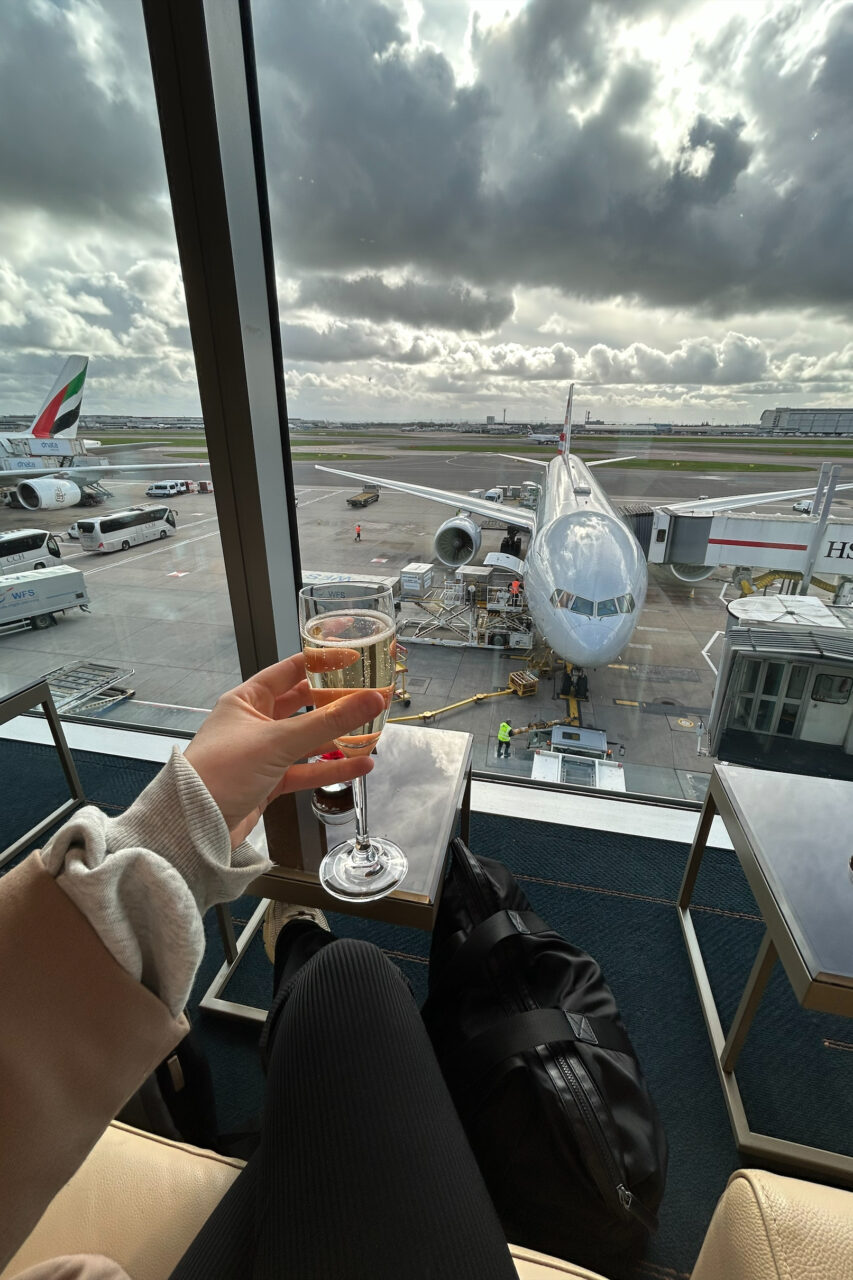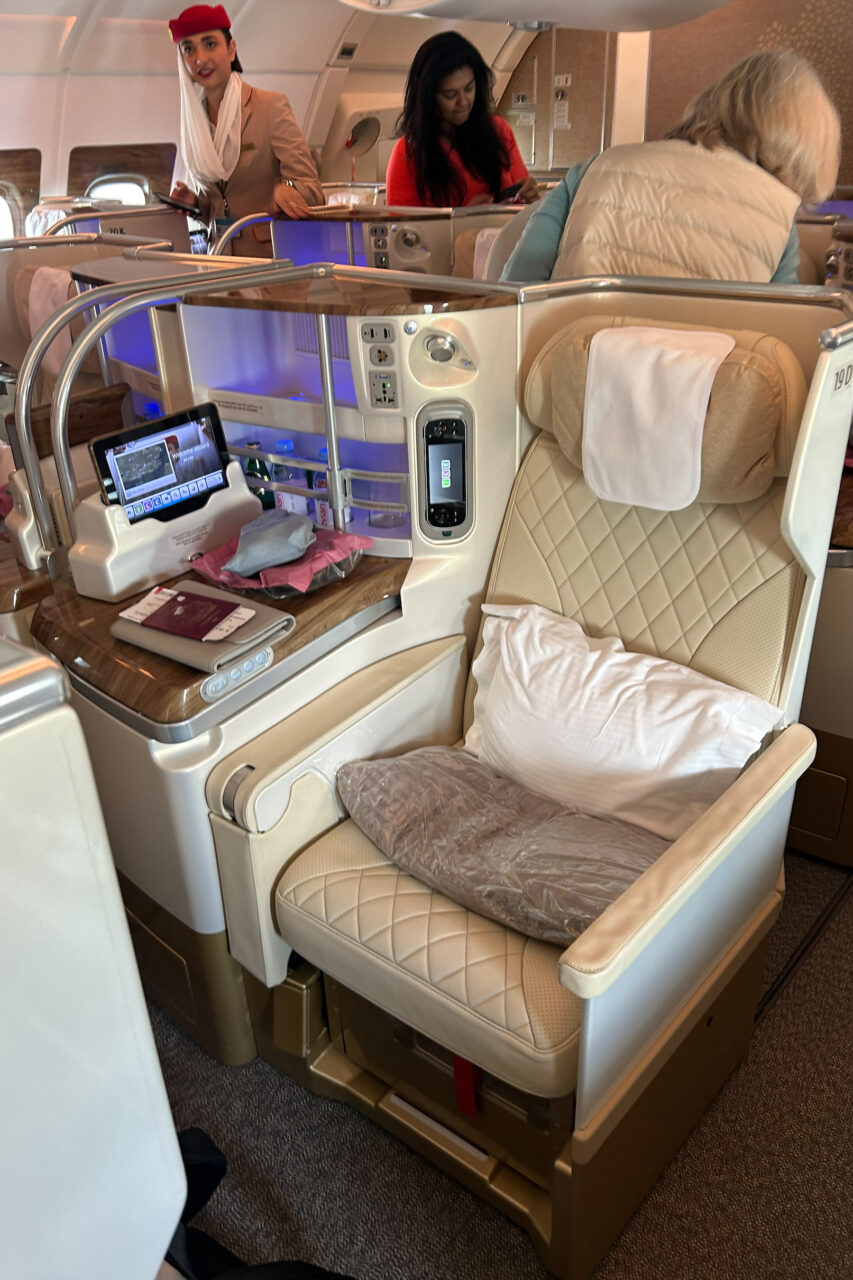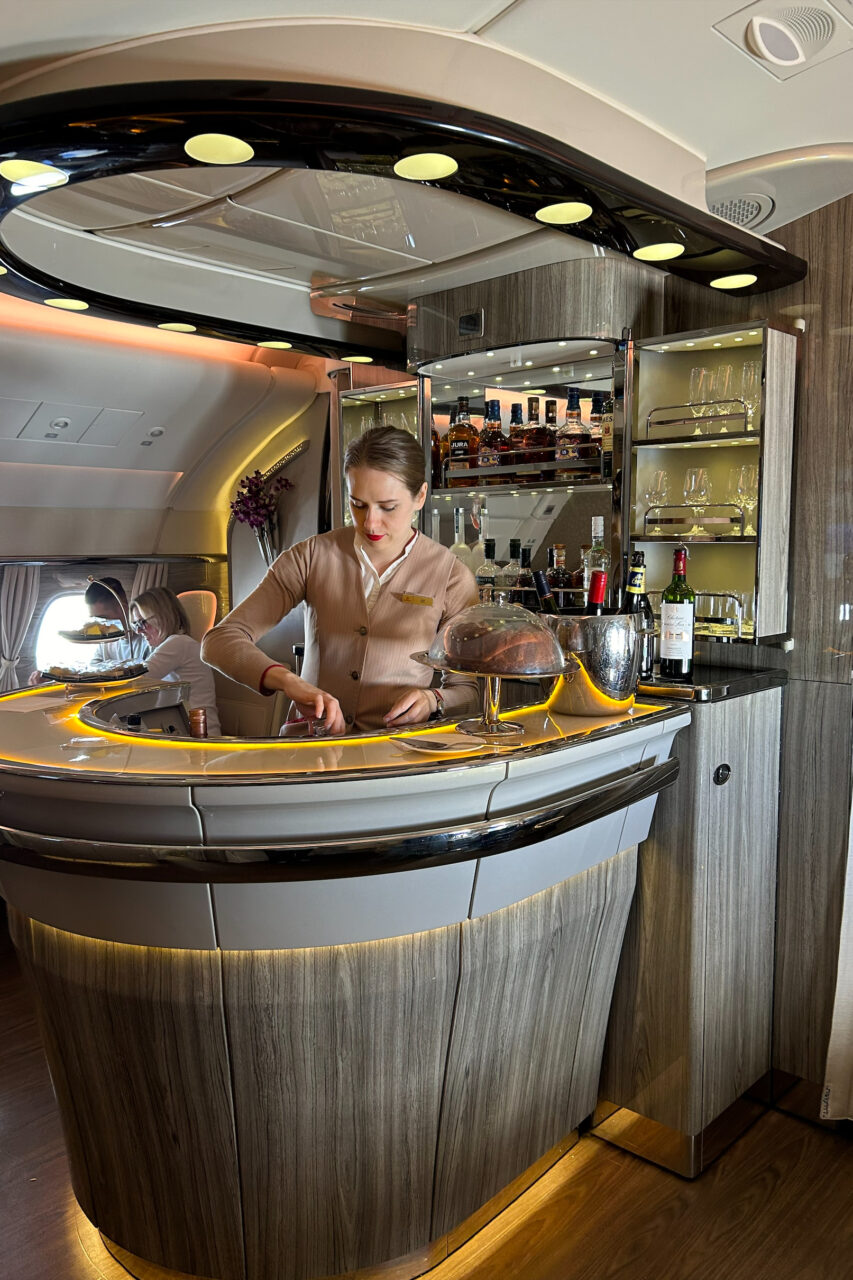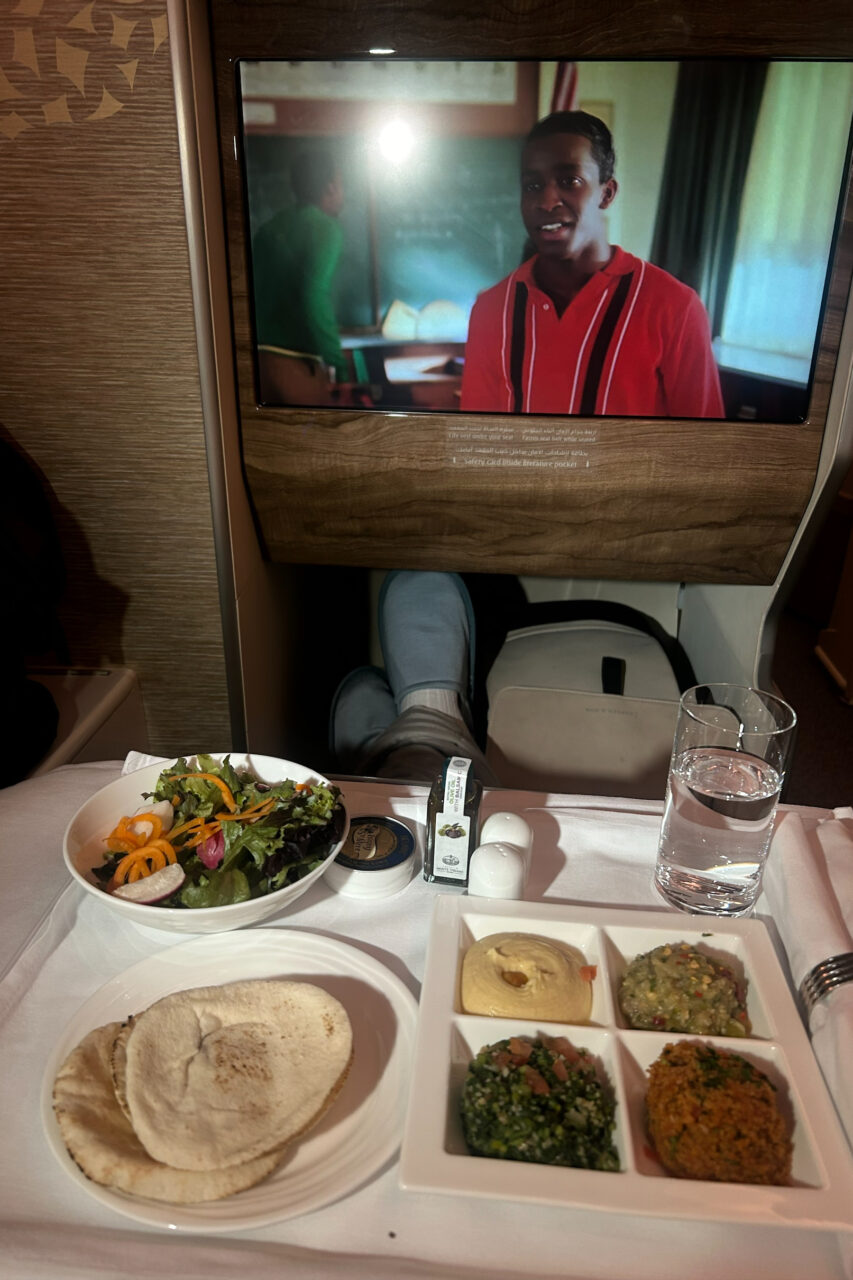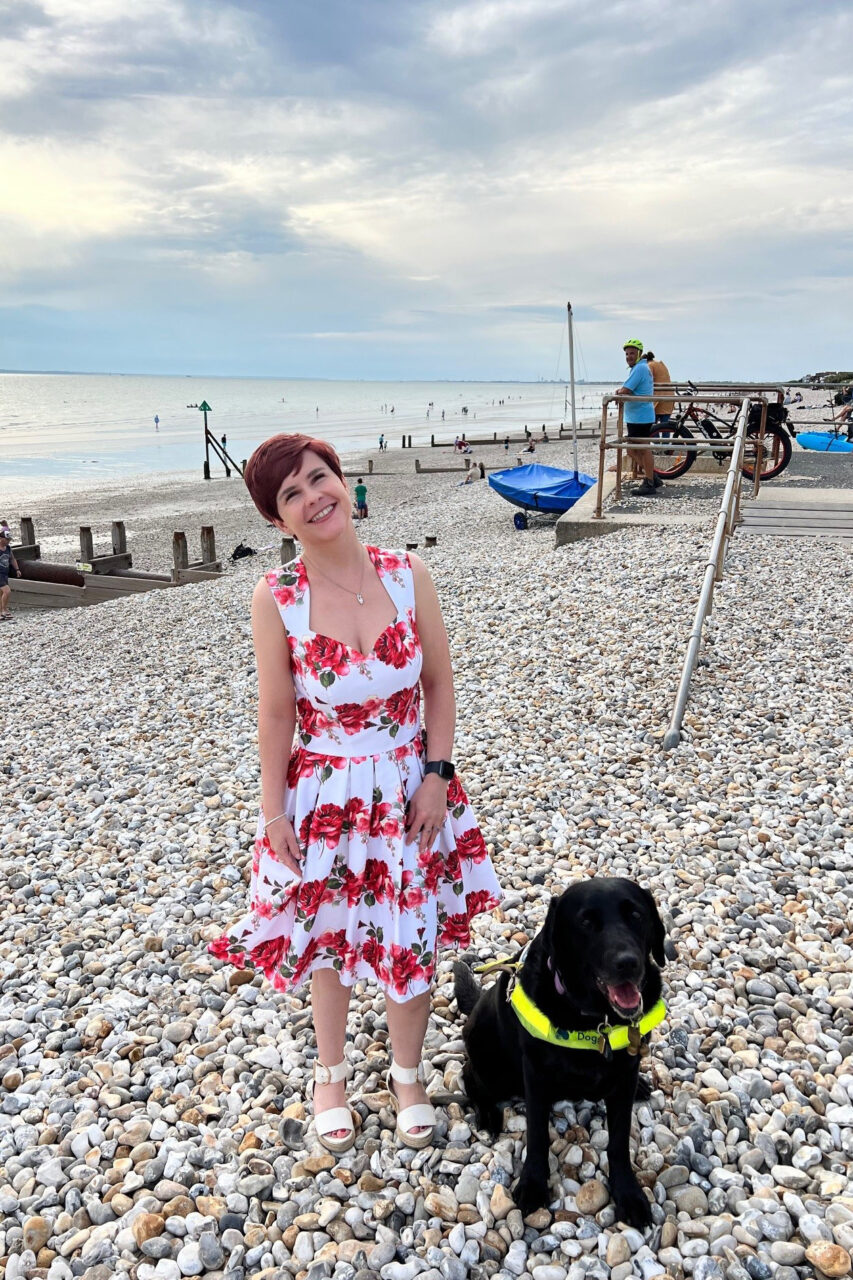
Readers get 10% off any of these books by using the code ‘WANDERING’ on the Stanfords website.
Wanderlust Club members can get 25% off any of these books, plus 15% off everything else on the Stanfords website. Click here to get the code.

Storm Pegs
By Jen Hadfield
Stanfords Book of the Month for July
Having moved to Shetland to start afresh, the author recounts the ways that this far-flung Scottish archipelago taught her to live, at the same capturing what makes these islands so breathtaking and unique.

Amuse Bouche
By Carolyn Boyd
Francophile Carolyn Boyd shares the stories behind the country’s most fascinating foods and ingredients, blending history and travel. It’s the perfect pre-Olympics appetiser.

The Lost Paths
By Jack Cornish
By 2026, some 16,000km of forgotten footpaths around Britain stand to be lost. Jack Cornish’s fascinating book sets out to ensure they aren’t, and en route explains why Britain’s history is buried in these historic rights of way.

Slow Trains to Istanbul
By Tom Chesshyre
Stanfords Book of the Month for June
At little behest, rail enthusiast Tom Chesshyre sets off on a 7,350km trip shadowing the old Orient Express route across Europe, albeit in considerably less luxury – you and I would call it Interrailing. Across 55 trains, he shows the true value of travel by rail: where every stop offers a side adventure.

Children of the Volcano
By Ros Belford
In another book that addresses starting over, the author – fresh from a break-up – relocates to Sicily to give her daughters a childhood to remember, and herself a new go at life. What follows falls into the ‘inspirational’ bracket of books about overcoming the odds, though it paints a portrait of island life that will have travellers intrigued.

On the Shadow Tracks
By Clare Hammond
While working as a journalist in Yangon, Clare Hammond found a map that showed a web of unknown railways across Myanmar. Setting out to discover their origin, she travels from contested areas to border towns while telling the tale of the country’s colonial legacy.

An African History of Africa
By Zeinab Badawi
Broadcaster Zeinab Badawi is out to set the record straight, by telling a history of Africa through the eyes of Africans. To do so, she visits more than 30 countries, speaking to experts and storytellers, to unearth not just the larger narrative of the continent, but the smaller stories that shaped local experience. It is a task as enormous as Africa itself, yet achieved with breathtaking brevity and laser-eyed focus.

At the Edge of Empire
By Edward Wong
When Edward Wong became the Beijing bureau chief for The New York Times, he set out to investigate his own father’s mysterious past in the People’s Liberation Army. Balancing this against his day job chronicling China’s economic boom and rapid rise under nationalistic rule, he tells a unique story that is both personal and sweeping, as he finds his own place in modern China.

Sicilian Inheritance
By Jo Piazza
Bestselling author Jo Piazza’s latest novel is based on the author’s own family history about the murder of Jo’s great-great-grandmother in Sicily more than 109 years ago. Sara, a Philadelphia chef’s beloved great-aunt dies leaving her a valuable piece of land in Sicily. But there’s a catch.

The Covenant of Water
By Abraham Verghese
New in paperback, this winner of the Viking Fiction with a Sense of Place Award at the 2024 Edward Stanford Travel Writing Awards follows a family in Kerala that suffers a peculiar affliction: every generation at least one person drowns. This is a hymn to progress in medicine and to human understanding, and a humbling testament to the hardships undergone by past generations for the sake of those alive today.

Cold Kitchen
By Caroline Eden
Caroline Eden finds comfort away from the road in her basement Edinburgh kitchen. Join her as she cooks recipes from Central Asia, Turkey, Ukraine, the South Caucasus, Russia, the Baltics and Poland, while reflecting on past adventures and contemplating the kitchen’s unique ability to tell human stories. This is a hauntingly honest – and at times heartbreaking – memoir with the smell, taste and preparation of food at its heart.

A History of the World in 47 Borders
By John Elledge
A fascinating and surprising history of the world told through the lines people have drawn on maps, from the Roman attempts to define the boundaries of civilisation, to the secret British-French agreement to carve up the Ottoman Empire during the First World War, or the reason why landlocked Bolivia still maintains a navy.

Enchanted Islands
By Laura Coffey
Laura Coffey embarks on what was meant to be a simple holiday. But her newfound fascination with ancient Greek myths transforms her trip into a six-month odyssey around tiny archipelagos and mystical Mediterranean islands thought to be the setting of Odysseus’s epic journey. Slipping between the mythical realm and the real world, Laura reflects on what she has lost and the way we craft our own mythologies.

Sunken Lands
By Gareth E Rees
An ‘immersive’ travelogue exploring the mythology and emotional resonance of flooded places — at a time when the waters are rising once more. From Stone Age lands that slipped beneath the English Channel to the rapid inundation of New Orleans, author Gareth E Rees explores stories of the world’s flooded places from the past – and those that are now disappearing before
our eyes.

Ancient Rome in Fifty Monuments
By Paul Roberts
Roberts takes us on a new tour of ancient Rome, in the process revealing many little-visited sites not on the usual tourist lists. He tells the story of the city emperor by emperor, drawing out the political, social and cultural backdrop to the monuments and expertly using the latest archaeological research.

Around the World in 80 Days
By Michael Palin
With Michael Palin gracing our televisions again, now is a great time to read (or re-read) his back catalogue. Orion has just re-released some of his best travel books with revamped paperback covers. We recommend you start at the very beginning with his 1989 classic Around the World in 80 Days and go from there.

Taking the Risk
By Hilary Bradt
Stanfords Book of the Month for April
The founder of Bradt Travel Guides looks back on 50 years of escapades, surprises, mishaps, disasters… and success. From her first solo trip at the age of three (on a British beach), she revisits six decades of hitchhiking, feeding the travel habit by working abroad, and starting a successful travel publishing company where knowing nothing proved a surprising asset.
Buy now

Save Me from the Waves
By Jessica Hepburn
Stanfords Book of the Month for March 2024
Claiming to be the first woman to have completed the ‘Sea, Street, Summit Challenge’ – swim the English Channel, run the London Marathon and climb Mount Everest – Jessica’s tale of how it happened falls into classic ‘unlikely hero’ territory. With humour and wit, she charts her journey from reluctant athlete to mentality monster, and in doing so gives life and character to the settings for her achievements.

Wayfarer
By Phoebe Smith
Former Wanderlust editor Phoebe Smith swaps globetrotting for a story closer to home – both emotionally and geographically. Against a backdrop of Britain’s pilgrim paths, she retreads her own tale of trauma and loss, weaving it with those of past travellers. Along the way, she shows that the UK wilderness has restorative powers far beyond an invigorating view.

Why We Travel
By Ash Bhardwaj
Journalist and broadcaster Ash Bhardwaj dives into the thing we’re all looking for: travel motivation. But as you might expect from a man who has met the Dalai Lama and walked 800km across India, this is no breezy self-help book. Instead, he ponders how a pastime that used to be associated with relaxation became all about what we can gain.

Paddling France
By Anna Richards
Beyond the delights of the Riviera or the winery-speckled banks of the Dordogne, France’s coast, rivers and lakes aren’t sung about often enough. But there are marvels here. From the gorges of the Ardèche to the islands of Finistère, avid paddler Anna Richards tests 40 places for a canoe, kayak or SUP escape in France.

Around the World in 80 Years
By Ranulph Fiennes
There is little extreme activity that Sir Ranulph Fiennes hasn’t done, from running seven marathons on seven continents to hauling loaded sledges across both polar ice caps. His latest read is a bit of a retrospective – as the redoubtable explorer turns 80 – gathering celebs and colleagues to review a life relentlessly well led.

Foodie Places
By Sarah Baxter
The latest entry in the long-running, and delightfully illustrated, ‘Places’ series sees Sarah Baxter (another writer formerly of this parish) delve into 25 culinary capitals. Chosen with trademark good taste, these include tried-and-true foodie havens as well as some more surprising spots with their own world-class delicacies. We can feel our stomachs rumbling just thinking about it.

The Half Bird
By Susan Smillie
We love an against-all-odds adventure that evolves into something grander. This tale of one woman’s solo sail from Land’s End to the shores of Greece has all the hallmarks of the genre, as the author quits her job to follow her dream and somehow stretches it out into a three-year voyage. With only the basics onboard, this soon turns into a thoughtful meditation on solitude, resilience and the irresistible lure of the sea.

Local
By Alastair Humphreys
After years of expeditions all over the planet, British explorer Alastair Humphreys turns his gaze on the area in which he lives. In doing so, he ends up learning more about the natural world than in all his years of travelling. The resulting story prompts a revelation we can all relate to: that the wildlife around us needs protecting.

Saudi Arabia
By Grace Edwards
This book is perhaps most notable for being the first English-language guide from a major travel publisher written exclusively on Saudi. It will surely be one of many to come and offers great advice on a remarkable region that travellers are still just learning about.

The Seven Wonders of the Ancient World
By Bettany Hughes
While all but Egypt’s Great Pyramid have been lost to history, the Seven Wonders of the old world still enthral us today. Historian Bettany Hughes brings her trademark intelligence and enthusiasm to bear as she traces their stories and realises that they all share one thing: humanity’s capacity to dream big.

Terrible Maps
By Michael Howe
Drawing on the popular social media feed of the same name, this book sits firmly on the side of the editorial fence labelled geographical dad jokes. But we love cartography in any form, especially if it points out how similar the shape of Oklahoma is to a thumbs-up.

Love from Venice: A Golden Summer on the Grand Canal
By Gill Johnson
Charting a summer of rebellion in 1950s Venice, this memoir recalls a time when the author swapped a comfy gig at London’s National Gallery for teaching English to an aristocratic Italian family, drawing on the letters she sent to her admirer. In embedding herself in the city’s high society, she also bears witness to the dying days of the Grand Tour, when Europe’s young socialites ran wild across its old cities.

Black Ghosts: A Journey Into the Lives of Africans in China
By Noo Saro-Wiwa
Author Noo Saro-Wiwa looks beyond the usual historical or political subjects that take the focus of most books on China and instead looks at what she calls ‘Black ghosts’: the large numbers of African economic migrants living there. In doing so, she explores a little-documented world, meeting everyone from drug dealers to cardiac surgeons, and looks at how these often cloistered communities intersect with the wider Chinese society.

Walking Scotland’s Best Small Mountains
By Kirstie Shirra
The popularity of munro-bagging – climbing all the mountains in Scotland over 914m – has meant that many of the country’s smaller peaks are often overlooked. This book proves that what they lack in stature, they more than make up for in character, offering a series of routes that are aimed at providing day walks with ascents accessible to non-climbers.



